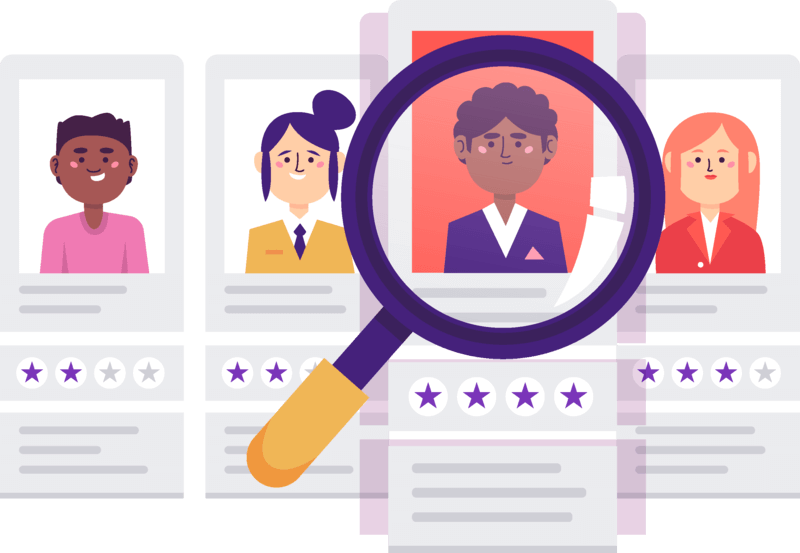
Pharmaceutical companies today can court potential customers in a myriad of exciting ways.
Besides traditional formats such as in-person meetings and congresses, companies can
create digital-only brands, reaching out directly to healthcare providers (HCPs) through
various digital platforms.
But to optimise your commercial results, you’ll need to implement a targeted strategy that
connects with HCPs through their preferred channels – rather than adopt a single, one-size-
fits-all approach.
How can you achieve this? By drawing on data analytics to generate digital personas of
individual HCPs – a project that Lynx Analytics recently embarked on in collaboration with a
leading pharmaceutical company.
These digital profiles can determine how receptive an individual is to virtual communication, thereby enabling you to allocate your resources more effectively.
The process begins by harnessing all available interaction data between the individual HCP
and your organisation. This is obtained from your central data warehouse, alongside other
sources and formats. The internal data is complemented with data from external sources
such as graduation year, medical specialty, publications, public posts in social media and
online behaviour.
Once the relevant data is gathered, the software applies several advanced statistical and
machine-learning techniques to derive the digital propensity of the target HCP and develop
affinity scores across different platforms.
Besides the aforementioned data sources, the profiling algorithm also evaluates how digitally
advanced a channel is and its effectiveness from a sales perspective.
For HCPs where only limited data is available, their digital affinity is inferred from HCPs with similar characteristics. Such profiles are updated on a regular basis to ensure that any recent
changes in a HCP’s digital affinity are properly reflected.
This profiling information is subsequently integrated into your company’s existing systems,
thus ensuring that it’s easily and automatically available when planning campaigns in CRM
systems such as Veeva or SFMC.
Additionally, information regarding digital profiles and sales-force activities by digital segment are tracked via a handy sales-force effectiveness dashboard.
You can then use these data-driven insights to power more successful and personalised
sales and marketing campaigns. For instance, doctors with a high digital affinity can be
targeted through virtual platforms.
Such channels are usually more cost-effective than traditional methods, so your more expensive sales representatives can be allocated to high-potential HCPs that still prefer in-person interactions.
The COVID-19 pandemic has only accelerated the industry’s digitalisation, which makes it all
the more important for companies to hone their digital sales and marketing strategies for
maximum success. By creating digital personas of your target HCPs, you can equip your
business with the necessary insights to optimise your commercial agenda.
This is the first in a three-part series of articles on best practices for sales and marketing analytics in the pharmaceutical sector.
